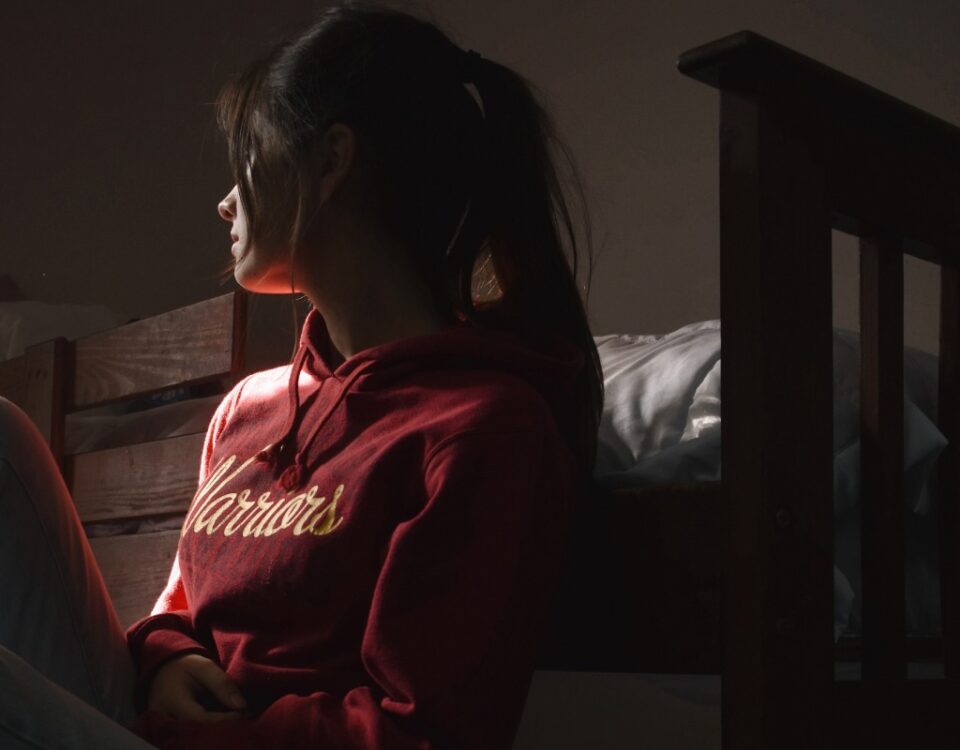
The “SMART” Method of Creating Personal Goals
October 10, 2020
Personal Reflections: Journal Your Way Through Recovery
October 19, 2020Many choices of recovery programs and therapies are available for those seeking help. Some therapies are relatively new and others have been used for a long time. Mental health treatment has come a long way in recent years. The stigma of having trauma and addiction struggles has lessened as mainstream culture embraces and acknowledges these issues. As the stigma fades more and more people feel free to seek help. As more people seek help, newer and varied therapeutic approaches are developed. Newer therapies can also attract people, who might otherwise not seek help after running out of options in older treatment models. Let’s consider how choice plays a role in empowering clients seeking help for trauma and addiction.
Why Do Choices Empower Us?
Imagine that you are grocery shopping. You want to buy soup and review your options. Let’s imagine that your store is limited. You only see two types of soup on the shelf: chicken noodle and split pea. Do you really feel like you have much of a choice? With only two options, are you really picking what you want or just taking whatever you can get? If both of these soups are your favorite, you are in luck! If you do not like either, then you can choose the one you dislike least or leave without soup. Now, picture a full aisle of choices: in addition to chicken noodle and split pea you find tomato, vegetable, chowder, beef barley, cream of mushroom and more. Do you feel better as a consumer? With an array of choices, we feel more in control of our decisions. We feel more empowered that we have selected the correct option for us. When engaging in a recovery program, choices empower us to make the best decisions for our wellness and growth.
Choices in Recovery
Some of us may feel reluctant to keep trying to get better because all the usual treatments have not helped. These might include 12-Step programs, individual therapy,and group therapy. While these treatments work very well for some people, they may not work for everyone. Choices empower more people to get the help they need and deserve. Here are some alternative pathways to recovery that you may not have heard of:
- Meditation and Mindfulness
- Teaches you about the “mind-body” connection and helps you focus “in the moment.” Mindfulness and Meditation both help to calm the body and the mind. These practices help with racing thoughts and anxiety as well!
- Wilderness Therapy
- Get outside and into nature with outdoor exploration. Nature has a therapeutic effect on us. Getting outdoors can help us gain perspective on our lives. We can also challenge ourselves with outdoor exploration and activities to build self-esteem and confidence!
- Canine and Animal Therapy
- Humans and animals have an undeniable connection. Caring for a pet can help us learn how to take better care of ourselves and give us a sense of purpose. Pets can also have a calming effect on people and help us feel less lonely.
- Art and Music Therapy
- Creativity can be healing for those in recovery from trauma and addiction. Art and music are modes of expression that can unlock feelings that we cannot verbalize. They can also help us focus outside of our thoughts as we engage in creative activities.
- Yoga
- Like mindfulness and meditation, yoga is a practice that helps to calm the body and the mind. Yoga has been used for thousands of years as a practice to clear the mind and focus our thoughts as we lead our bodies through a series of poses. It’s also great physical exercise, improving strength, balance, and muscle tone.
- Psycho-Educational Classes on Recovery
- Learning about how our brains function or how our thought processes work can be beneficial to those in recovery. We can better understand the underlying causes of trauma and addiction by taking classes focused on psycho-education.
- Peer Support and Peer Mentoring
- You are not alone in your recovery! Other people have been in a similar place and are ready to help you. You can also learn how to mentor someone else as you advance in your recovery.
- Brainspotting and Eye Movement Desensitization and Reprogramming (EMDR)
- Brainspotting and EMDR both use the mind-body connection to help a person heal more quickly from trauma under the guidance of a therapist. Sometimes called “power therapies” EMDR and Brainspotting use your line of vision to access and help resolve unprocessed trauma.
This list names just a few of the therapies available for treating addiction and trauma. New approaches and options continue to be developed to help those like you discover their recovery pathway. These modalities can be used alone or in combination with others. Recovery is much more successful when you have options to create your individualized pathway to healing.
If you are having trouble with your recovery and feel that your current treatment is not working or that something is missing, there are many choices of newer modalities available to you. Having a limited number of options in recovery can be discouraging, but it is important not to give up. There are many more options for you to explore. The Kimberly Center offers a comprehensive recovery program with a wide array of therapeutic approaches. We will work with you and empower you in finding the best pathway to recovery! Our beautiful setting in Ft. Myers, Florida offers help to men and women with co-occurring substance use and mental health disorders. We will help you build the skills to learn to live a substance-free life emphasizing your inner strength and the importance of a strong support system. Call us today at (855) 452-3683 for information on how we can help you.




